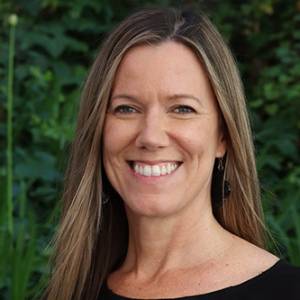
Dr. Carrie House
Dr. Carrie House is an Assistant Professor of Cancer Biology at San Diego State University. Her lab has multiple projects to elucidate the molecular mechanisms that support tumor initiation, drug resistance, and cancer relapse, including the role of the tumor microenvironment and the NF-kB signaling pathway. Her research uses a combination of cutting-edge experimental approaches including tumorsphere culture, imaging flow cytometry, high-content imaging, next-generation sequencing, and in vivo models to study tumor biology. The goal of the House Lab is to identify novel mechanisms of ovarian and breast cancer progression and discover new strategies to prevent disease recurrence.
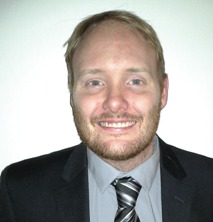
Dr. Jeffrey Gustafson
Dr. Gustafson is an assistant professor in the Chemistry and Biochemistry department at San Diego State University. His research strives to apply innovative chemical strategies towards complex biological problems. Ongoing projects focus on two main areas. The first is the development of chemical methodologies that enable the enantioselective synthesis of complex molecules. The second is the application of these methodologies to access new selective small molecule probes pertaining to aberrant protein phosphorylation.
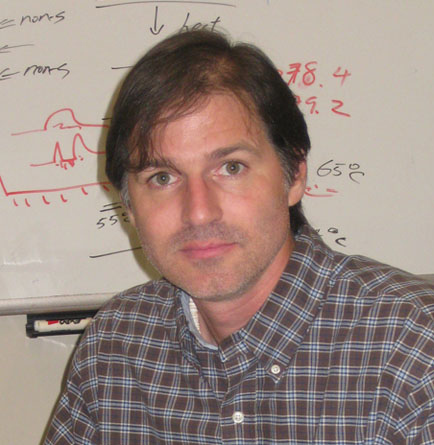
Dr. Tom Huxford
Dr. Tom Huxford is a Professor of Chemistry and Biochemistry and leader of the Structural Biochemistry Laboratory at San Diego State University. Students in his lab study the structural, biophysical, and biochemical properties of complex biological factors in order to understand the mechanisms by which they function in cells. Some of the areas that are of current interest include signaling and regulation of cell survival gene expression through the NF-kappaB signal transduction pathway, the developmental assembly and repair of skeletal muscle myosin thick filaments, and antibodies that function therapeutically by selectively binding to signaling lipids.
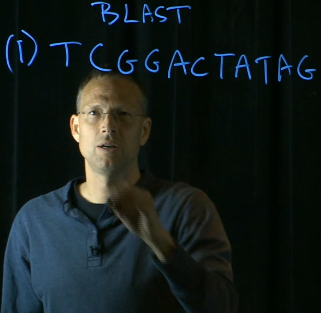
Dr. Scott Kelley
Scott Kelley is a tenured professor at San Diego State University whose lab utilizes Bioinformatics methods and molecular tools to study environmental microbiology. They use next-generation sequencing and phylogenetics to study microbial diversity in different environments. One such project involves applying these methodologies to studying periodontal disease (PD) and oral health. These studies are intended to understand how diversity among polymicrobial oral flora are affected in patients with PD.
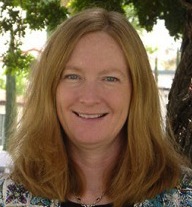
Dr. Kathleen McGuire
Dr. Kathleen McGuire is a tenured professor at San Diego State University and focuses her laboratory’s research on understanding the role of immune responses in tumor aggressiveness and metastasis in colorectal cancer (CRC) and prostate cancer (PCa). Interestingly, racial disparities have been observed in these two cancers and African Americans have higher incidence and mortality rates than other races. Differences in immune responses might be involved, particularly differences in inflammation that increase tumor aggressiveness and spread. Her lab is building on these observations to further characterize tumor immune responses, to ultimately help develop more effective therapeutics against CRC and PCa in patients of all ethnic backgrounds.
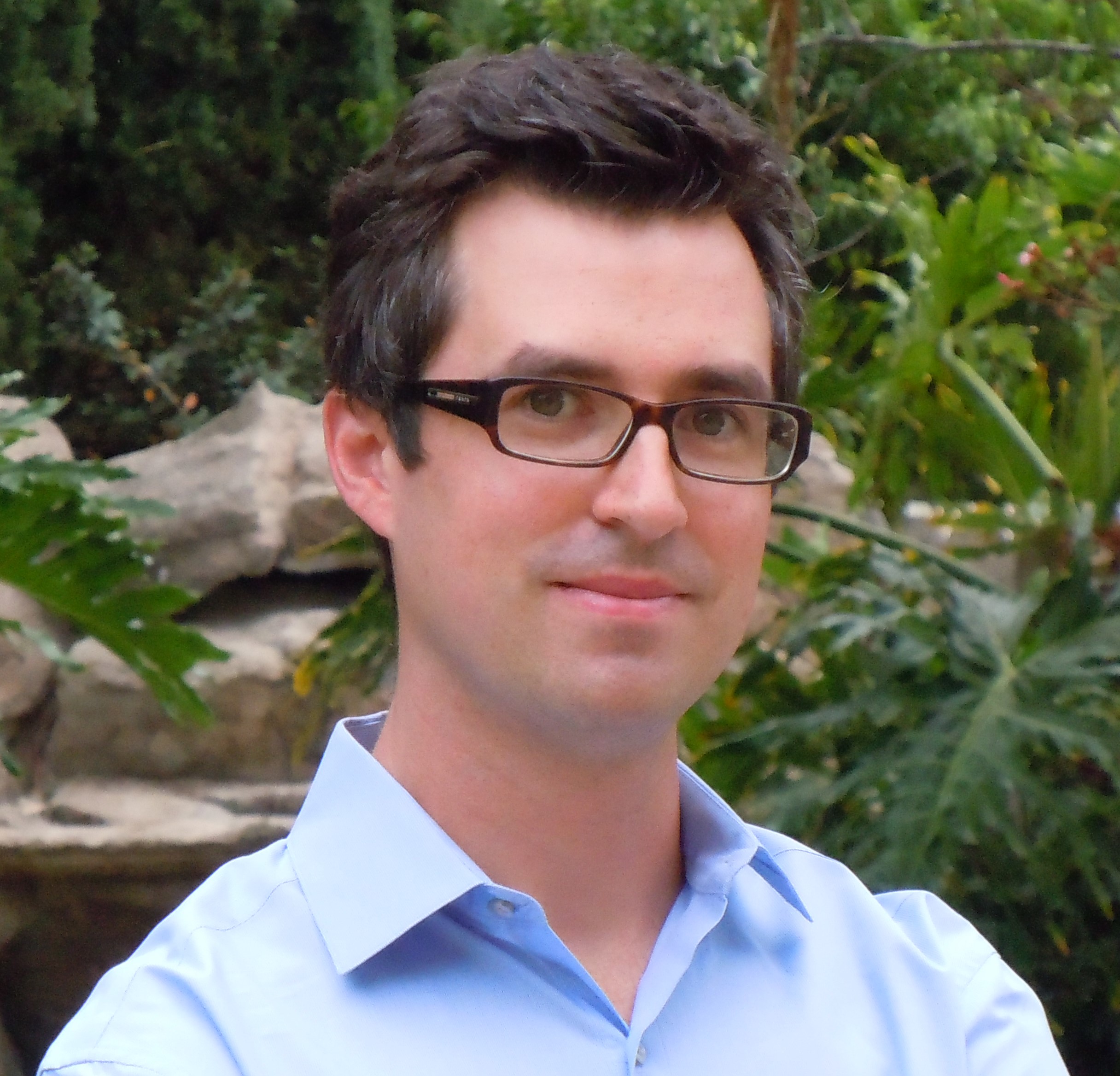
Dr. Byron Purse
Dr. Byron Purse is an assistant professor in the Chemistry and Biochemistry department at SDSU. His lab uses molecular design synthetic organic chemistry to develop tools to address challenges in the chemical biology of nucleic acids and supramolecular chemistry. They are interested in the creation of nucleoside analogs that can be used as molecular probes in medicinal chemistry. With these new molecules they can use the modern tools of modern physical organic chemistry to study their properties, including self-assembly, molecular encapsulation, fluorescence, and the ability of some of our molecules to functional as molecular probes or prospective medicines.
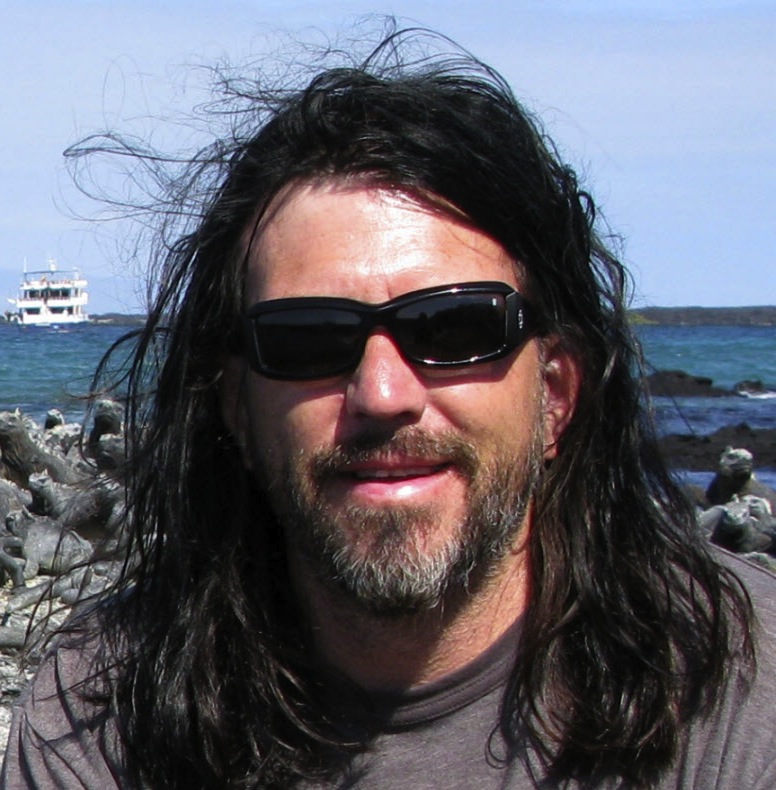
Dr. Forest Rohwer
Forest Rohwer is a tenured professor, microbiologist, and expert in coral reef communities. His lab focuses on understanding the interactions of the coral reefs and the surrounding microbial communities, also termed the coral holobiont. There has been a dramatic rise in coral reef disease, and it is their hypothesis that human impact is driving normal microbes to become opportunistic pathogens, contributing to this disease progression. This coral holobiont is effectively being characterized through the use of metagenomics, with the goal of elucidating novel functional genes that may be contributing to this pathogenesis and coral death.
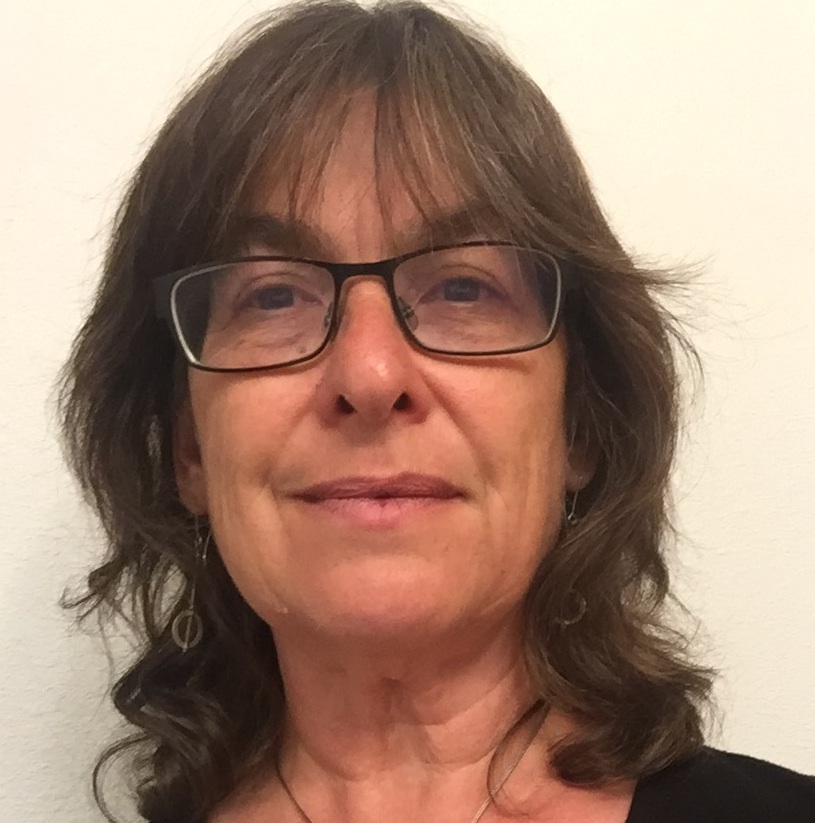
Dr. Anca Segall
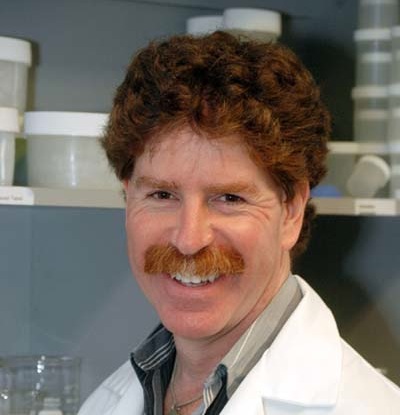
Dr. Mark Sussman
Mark Sussman is a tenured Professor at San Diego State University and key investigator at San Diego State University Heart Research Institute studying the structural and molecular basis of heart failure. Recent discoveries related to the potentials of stem cells in regeneration and repair of the myocardium have shifted the paradigm of treatment for myocardial disease. His research concentrates upon existing challenges in stem-cell based treatments and how these may be overcome by incorporation of gene therapy, resulting in a combinatorial approach that uses genetic engineering to potentials stem cell activity for myocardial repair.
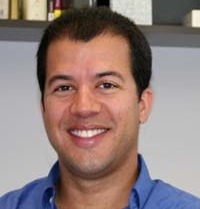
Dr. Ricardo Zayas
Dr. Ricardo Zayas is an associate professor, and head of the joint doctoral program at SDSU. HIs lab studies the molecular and cellular mechansism underlying tissue regeneration. To examine this long-standing biological problem they investigate regeneration in freshwater planarians. Their amazing capacity for regeneration is supported by a population of adult pluripotent stem cells (called neoblasts), which serve to replace cells lost during normal cell turnover and after wounding. Dr. Zayas’ lab focuses on two broad areas; The first is aimed at understanding the molecular basis underlying neurogenesis during regeneration and tissue renewal. The second is to elucidate functional roles in the ubiquitin-mediated pathways controlling stem cell fate and tissue regeneration.
